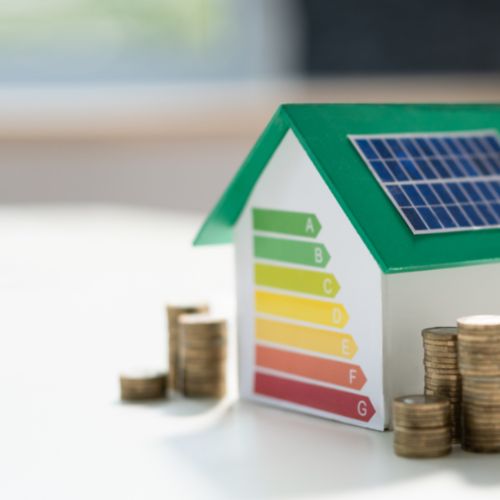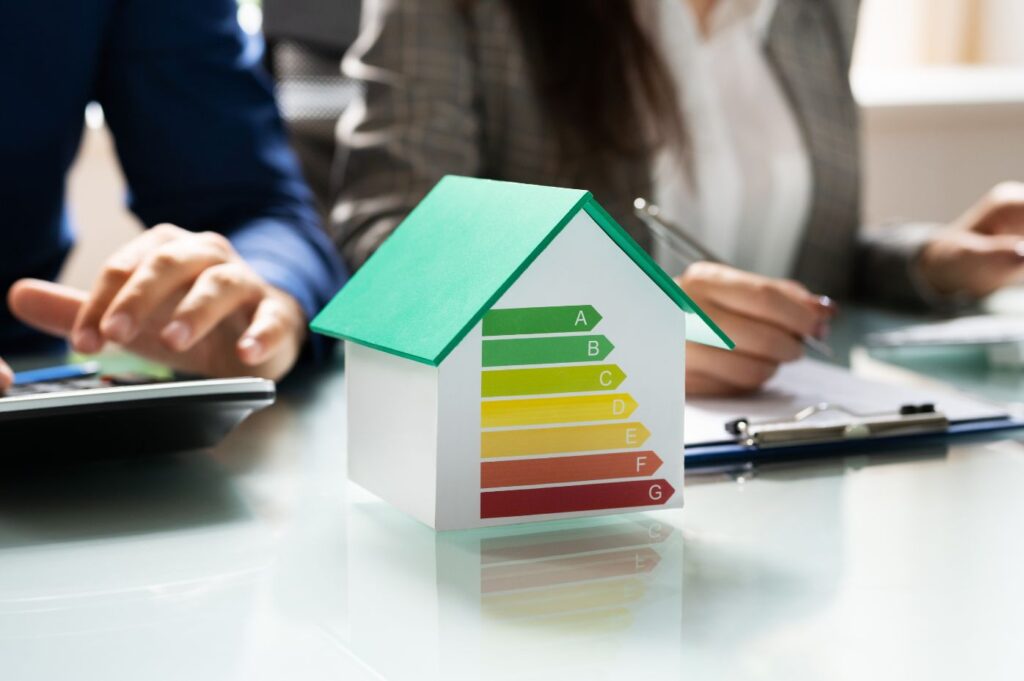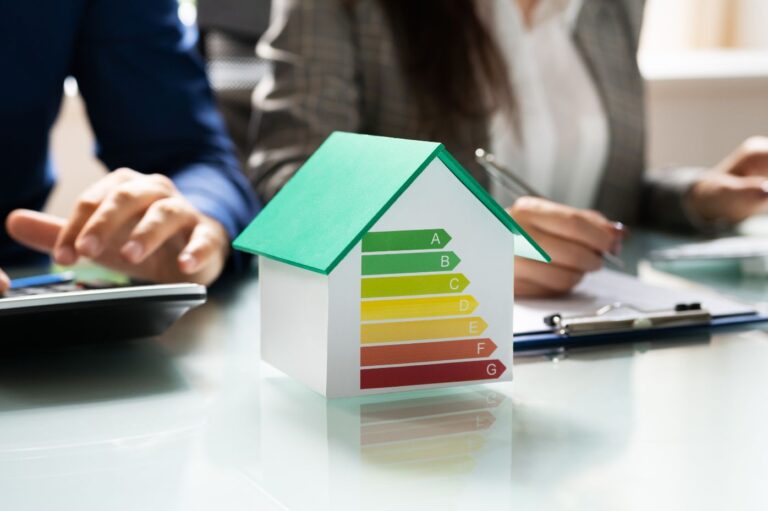Energy Audit Los Angeles
Owning a home in Los Angeles comes with the perk of beautiful weather year-round, but it also means dealing with soaring energy bills. With electricity rates being some of the highest in the country, finding ways to save on energy costs is crucial. That’s where conducting an energy audit can make a significant difference. An energy audit is a comprehensive assessment of your home’s energy efficiency, identifying areas where energy is being wasted and providing recommendations for improvements. By understanding where and how your home is losing energy, you can take targeted steps to make it more efficient, ultimately leading to substantial savings on your energy bills.
An energy audit can help you pinpoint issues like air leaks, inefficient insulation, outdated appliances, and more, allowing you to address these problem areas and make cost-effective upgrades, such as installing energy-efficient windows or upgrading your HVAC system. Save money and make your home more comfortable with an energy audit. It’s an investment that pays off both in the short and long term. By taking proactive steps to improve your home’s energy efficiency, you not only reduce your carbon footprint but also create a more sustainable and cost-effective living environment. So why wait? Schedule an energy audit today and start reaping the benefits of a more energy-efficient home.
Understanding the Benefits of an Energy Audit in Los Angeles
An energy audit is a valuable tool for homeowners in Los Angeles looking to save money on their energy bills. It involves a thorough assessment of your home’s energy usage, identifying areas where improvements can be made to reduce waste and increase efficiency. By understanding the benefits of an energy audit, you can take meaningful steps towards a more sustainable and cost-effective home.
One of the main advantages of an energy audit is the potential for significant cost savings. Through the audit process, experts can pinpoint areas of energy loss, such as inadequate insulation, drafty windows, or inefficient appliances. By addressing these issues, you can reduce your energy consumption and ultimately lower your monthly utility bills. Additionally, an energy audit can help you identify potential rebates or incentives available for energy-efficient upgrades, further maximizing your savings. Overall, investing in an energy audit is a smart financial decision that can pay for itself in the long run.
Identifying Energy Inefficiencies in Your Los Angeles Home
In order to save money on your energy bills in Los Angeles, it is important to identify any energy inefficiencies in your home. This can help you pinpoint areas where energy is being wasted and take steps to address these issues. One common source of energy inefficiency is air leakage. Gaps and cracks in windows, doors, and walls can allow conditioned air to escape, forcing your HVAC system to work harder to maintain a comfortable temperature. By sealing these air leaks, you can improve energy efficiency and reduce your energy usage.
Another potential source of energy inefficiency is outdated insulation. Insufficient or deteriorating insulation can result in heat loss during the winter and heat gain during the summer. Upgrading your insulation can help regulate indoor temperatures and reduce the strain on your HVAC system. Regularly inspecting and maintaining your HVAC system is also crucial for energy efficiency. Dirty filters, clogged ducts, and malfunctioning equipment can all contribute to increased energy consumption. By addressing these issues, you can optimize the performance of your HVAC system and reduce energy waste in your home.
The Role of HVAC Systems in Energy Consumption in Los Angeles

The HVAC system plays a crucial role in energy consumption in homes across Los Angeles. With the hot and dry climate, residents heavily rely on their HVAC systems to provide comfort and maintain a cool indoor environment. However, this increased usage can lead to significant energy consumption and higher utility bills.
One of the main factors contributing to energy consumption is the age and efficiency of the HVAC system. Older units tend to be less energy efficient, requiring more power to cool or heat the space. In contrast, newer and more advanced systems come with energy-saving features that help regulate temperature while minimizing energy usage. Upgrading to a newer and more efficient HVAC system can have a significant impact on reducing energy consumption and saving money in the long run. Additionally, regular maintenance and cleaning of the HVAC system can improve its efficiency and performance, further optimizing energy consumption in Los Angeles homes.
Common Energy Issues in Los Angeles Homes and How to Fix Them
When it comes to energy issues in homes in Los Angeles, there are a few common problems that homeowners often encounter. One of the most prevalent issues is poor insulation, which leads to energy leakage and higher bills. Another common problem is outdated and inefficient HVAC systems that consume excessive energy.
To fix these energy issues, homeowners can first focus on improving insulation. This can be done by sealing any gaps or holes around windows and doors, as well as adding insulation to the attic and walls. Upgrading to energy-efficient windows and doors can also make a significant difference. As for HVAC systems, homeowners can consider upgrading to newer models that are designed to be more energy-efficient.
Regular maintenance of existing systems is also crucial, as it ensures they are running optimally and not wasting energy. Additionally, installing programmable thermostats can help regulate temperature and reduce energy consumption. By addressing these common energy issues and making necessary fixes, homeowners in Los Angeles can not only reduce their energy bills but also make their homes more comfortable and environmentally friendly.
Maximizing Energy Savings through HVAC System Upgrades in Los Angeles
Upgrading your HVAC system can significantly contribute to maximizing energy savings in your Los Angeles home. With the city’s hot climate and high demand for cooling, it’s crucial to have an HVAC system that operates efficiently. By investing in energy-efficient equipment and implementing smart HVAC practices, you can not only reduce your energy bills but also contribute to a greener environment. When it comes to HVAC system upgrades, there are several options to consider.
One effective solution is to install a programmable thermostat, which allows you to set specific temperature schedules throughout the day. This feature helps optimize energy usage by adjusting temperature settings automatically when you’re away or asleep. Additionally, upgrading to a high-efficiency air conditioner or heat pump can significantly improve energy efficiency, ensuring that you get the most out of your cooling and heating system without consuming excessive energy. Finally, don’t overlook the importance of regular maintenance and tune-ups for your HVAC system, as these can enhance its performance and prolong its lifespan while optimizing energy efficiency.

Frequently Asked Questions


